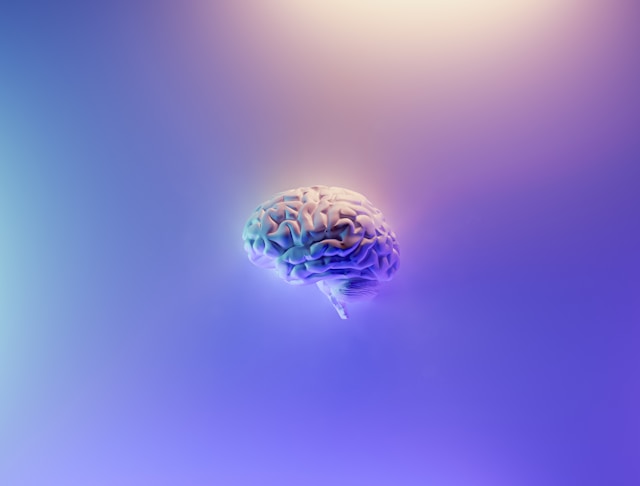Your brain is a complex powerhouse that has control over everything you do. The little three pound organ dictates how you breathe, your ability to taste your meals, your personality, how you react to stress, and how you interact with your world around you.
It determines your likes and your dislikes. It controls your creativity and your coping mechanisms.
Your brain makes you who you are. Your brain is processing information received from the surrounding atmosphere at all times. When substances are introduced, they can impact how your brain functions, interprets information, and responds.
How the Brain Works
Think of your brain as a computer. Neurons in the brain are responsible for making sure information gets from point A to point B successfully. A network of neurons communicates with all the rest of your body, sending out messages through neurotransmitters.
When a neurotransmitter is released and attaches to another receiving neuron, it causes a change in that neuron. This is how functions are carried out.
How Substances Can Impact the Brain
When you add in a substance, like drugs or alcohol, they will interfere with how your brain, specifically those neurons, receive, send, and interpret the signals from your neurotransmitters. Many drugs share similar chemical structures to some of your neurotransmitters, giving them the opportunity to mimic their abilities.
Some drugs can attach and activate neurons with misleading information causing abnormal responses. Others can cause abnormal amounts of neurotransmitters to be released or recycled, causing interference with communication.

How Addiction Affects the Brain
Different areas of the brain control different bodily functions, emotions, feelings, and behaviors.
- The basal ganglia is like your brain’s reward circuit. It activates feelings of pleasure, euphoria, and motivation.
- The extended amygdala helps control your stress responses, fear states, and social behaviors.
- The prefrontal cortex controls your planning, problem solving, decision making, and impulse control.
Repeated use of substances can form an addiction. The frequency of use, which substances are used, and the type itself can all impact how your brain develops and responds to addiction.
For example, your brain may become overly stimulated with a certain substance use and in return, it wants to keep that high going. The area responsible for controlling pleasure and motivation becomes impacted. Dopamine is released in a quick burst and you start to hit a euphoric state.
It then craves the change created and the feeling of euphoria that comes with it. Over time, you may find it hard to find that pleasurable state from anything other than the drug (or substance) that is inducing it.
More than Just the Brain
The brain controls how the rest of your body functions. For this reason, additional symptoms begin to develop once these chemicals enter your bloodstream and become processed. You may notice an elevated breathing pattern, a rapid heart rate, dizziness, or nausea. Some people experience hallucinations or delusional thought patterns. Since this is all impacted by the substance use, it can be difficult to gain any conscious control over.
Extended use of substances causes a rewiring of your brain. Now it sees the substance use as a “good” thing. If you stop using a substance, your body enters a distress mode and you may experience sweating shakiness, anxiety, depression, or a skin-crawling like craving.
Part of its rewiring process involves producing less of those neurotransmitters, altering tolerance and symptom management. Oftentimes, you will need professional services to break your addiction habits safely and effectively.
With the right treatment, you can reduce the likelihood of relapse, but also reduce risk of severe medical issues like heart attack and stroke. If you or someone you love is struggling with addiction, help is available. Contact us to learn more about your options for substance abuse counseling.


